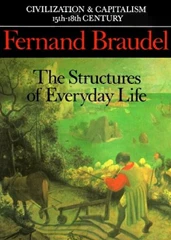
Free history books on 16th and 17th Century Europe. European history 1500-1700. Early modern Europe. Political, Economic, Military, Social.
Check “Media Type” in left column of Internet Archive pages for audio, movie and image files.
Table of contents
Topics – European History Books PDF – 16th and 17th Centuries
Click on any topic to find dozens, or even hundreds, of related books at Internet Archive (archive.org). Publication dates range from 1800s to 2024. Download pre-1930 books, and register at Internet Archive for free to read modern books online.
European History Books PDF to Read
Open Access – European History PDF Free Download
Open Access books and other materials are mostly from recent years, and were placed in the public domain by authors or publishers. We have several collections; each with a different mix of materials. They include textbooks, academic books, online courses, classroom lesson plans, articles, and more. You can read it all online, and can download most items.
History of Europe PDF Books and Teaching Materials
Related Pages on Century Past
Here are CenturyPast.org pages with books or other resources on related subjects. Use the top Menu to look through our 400+ pages.
